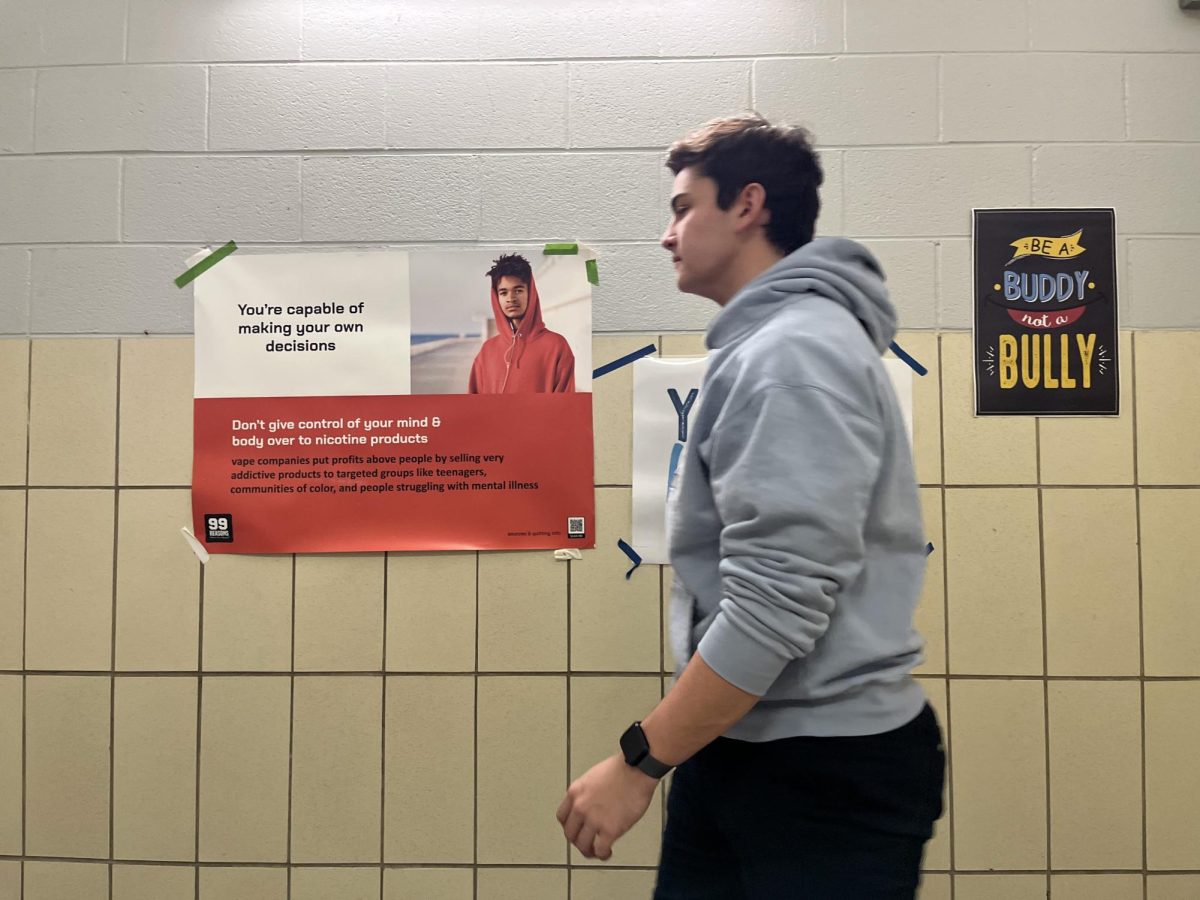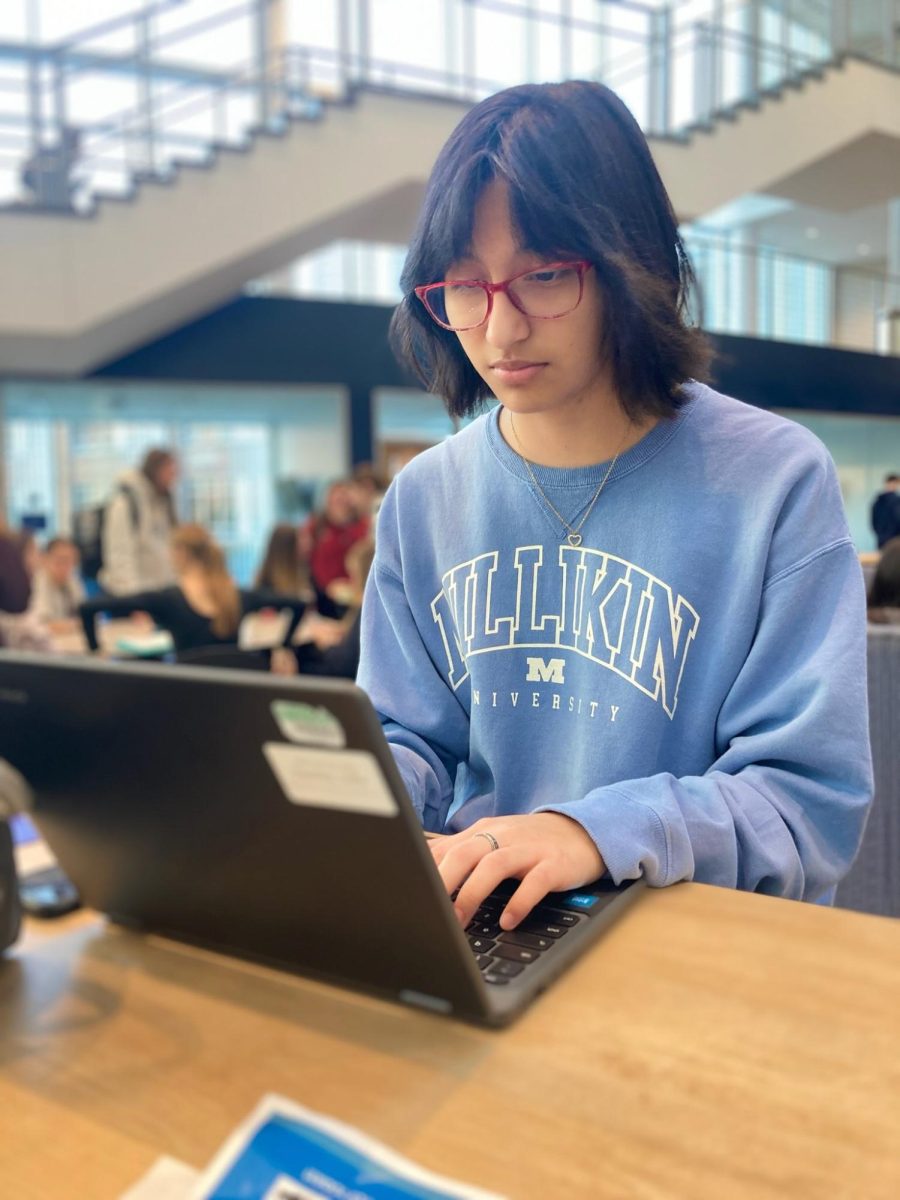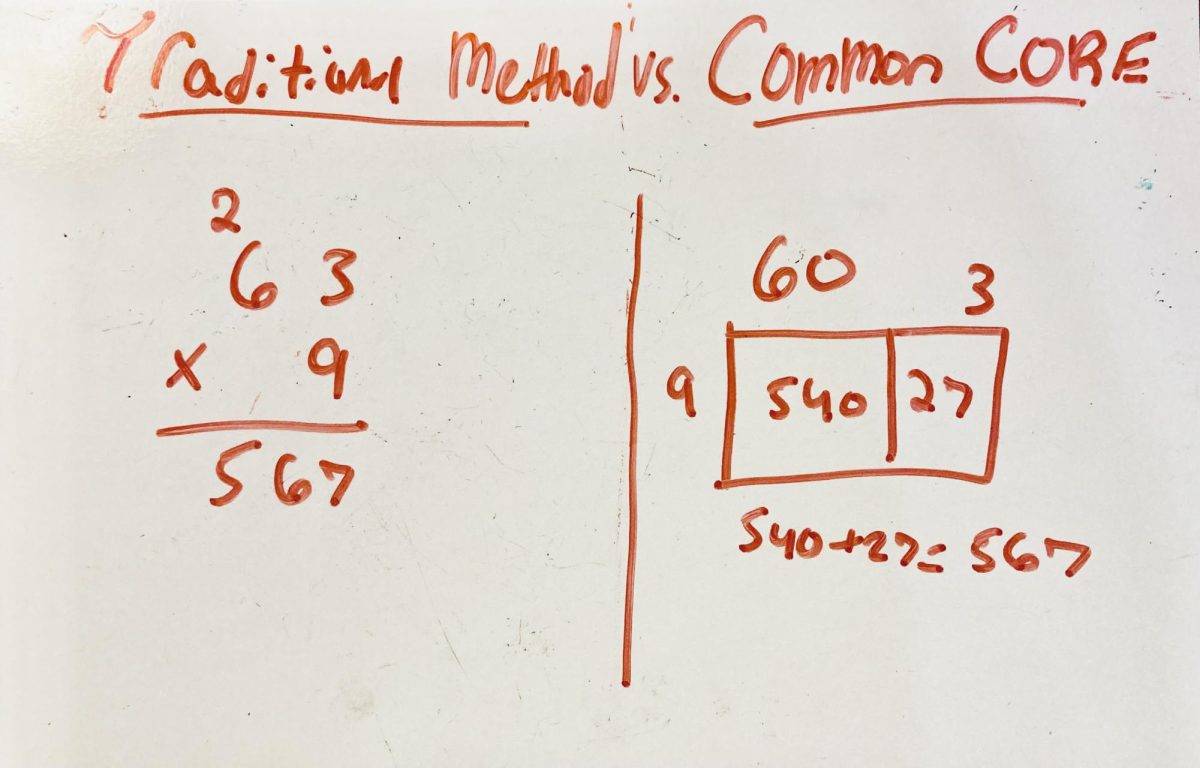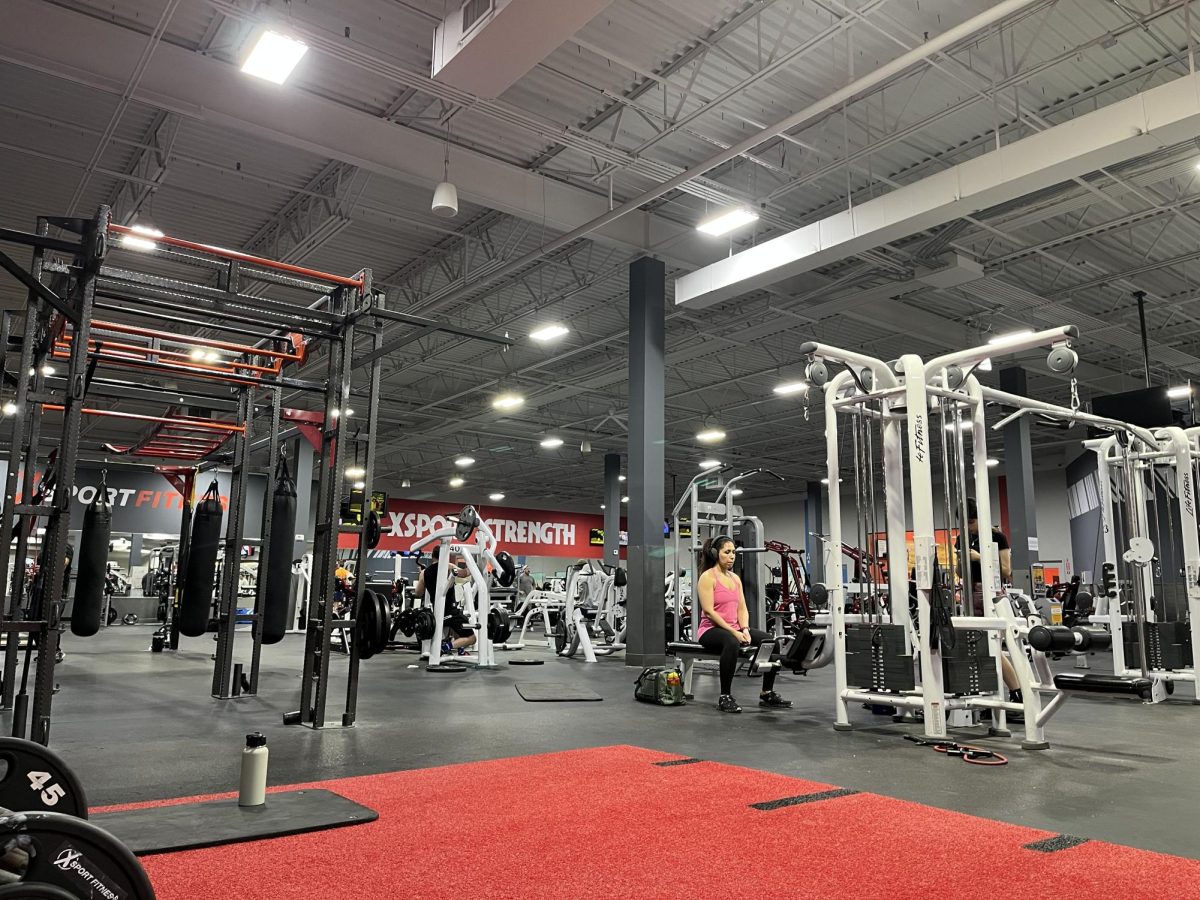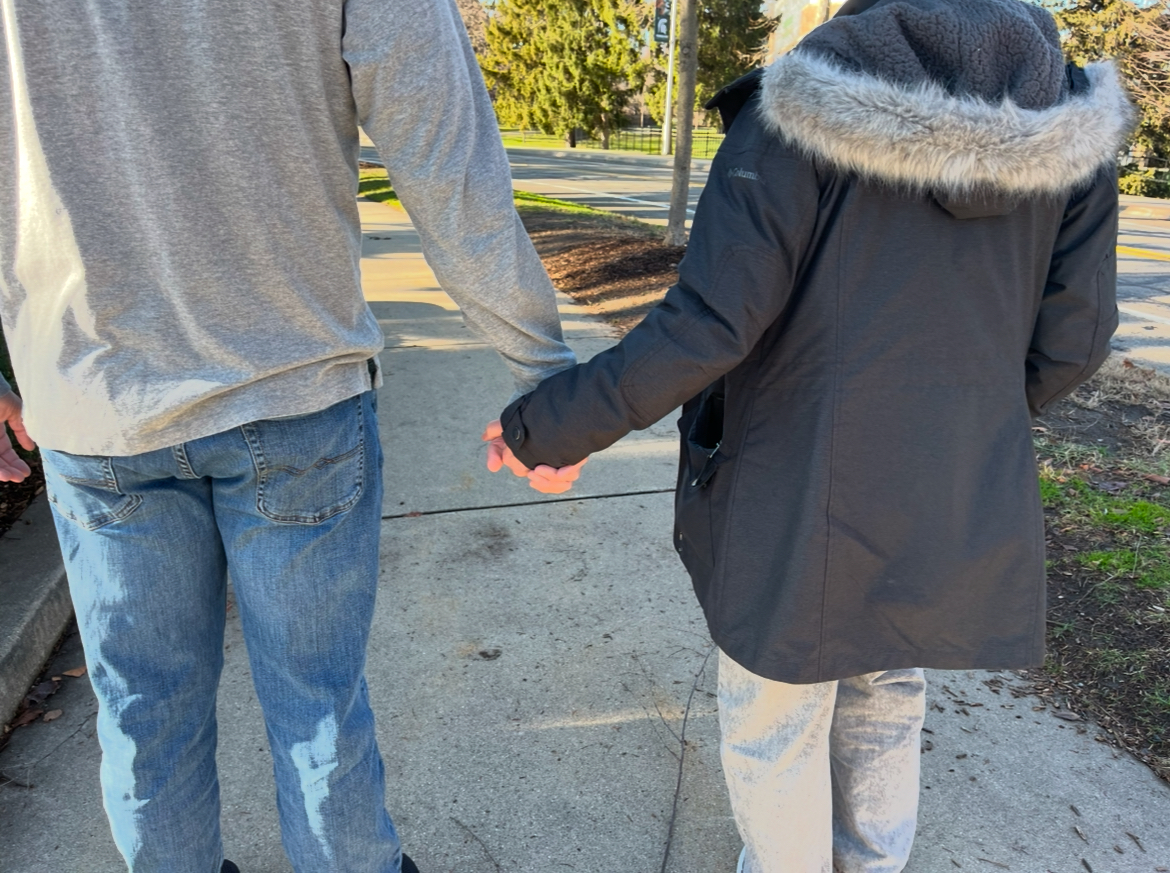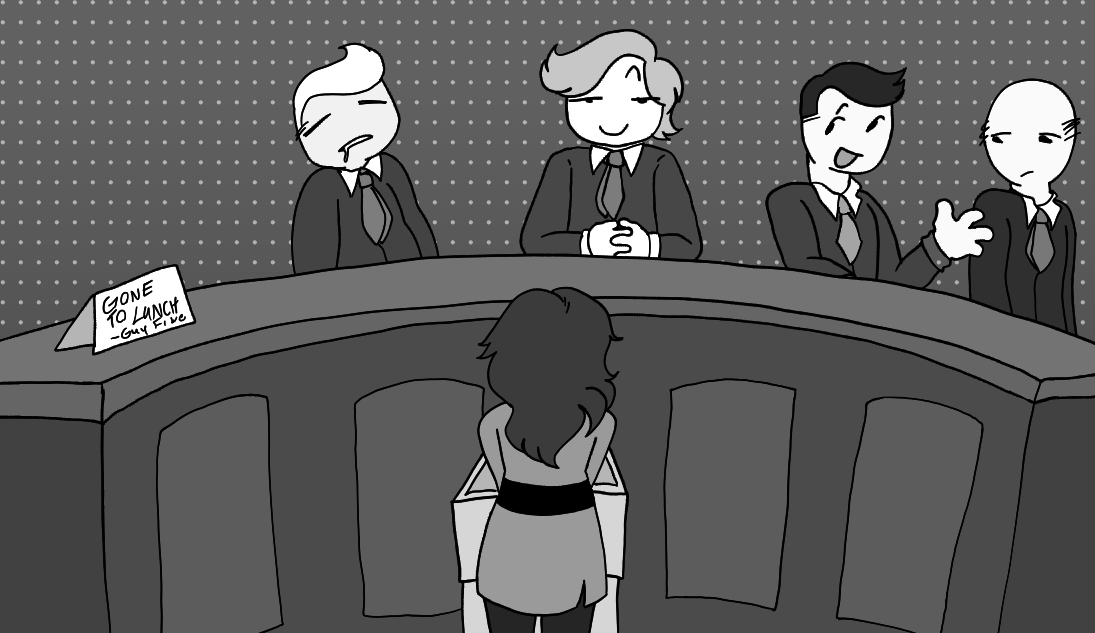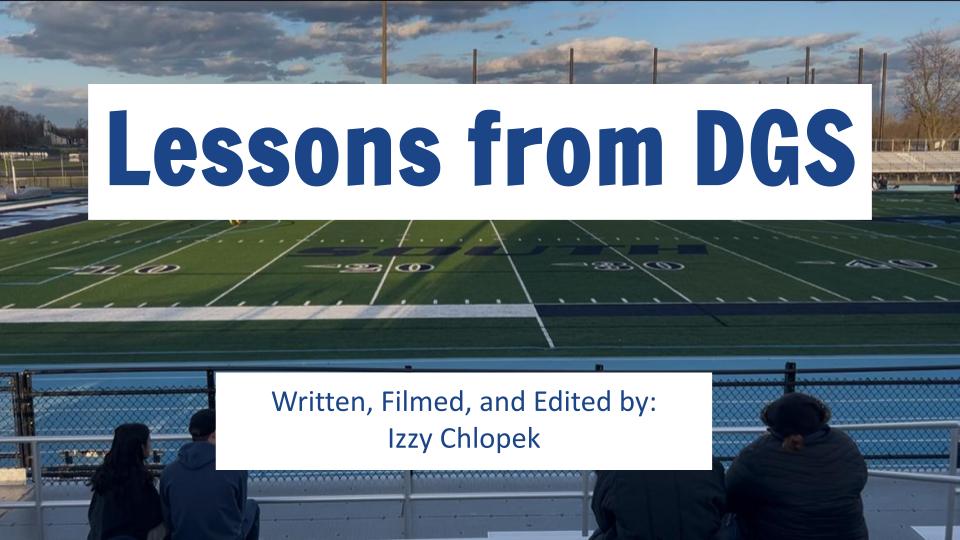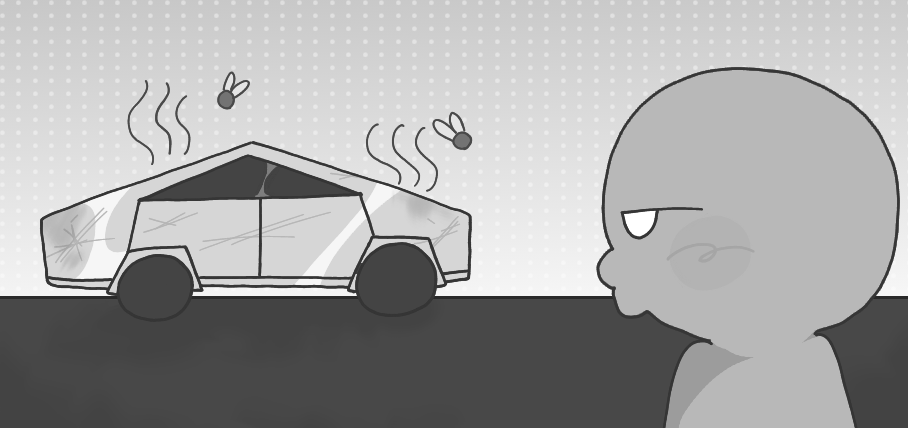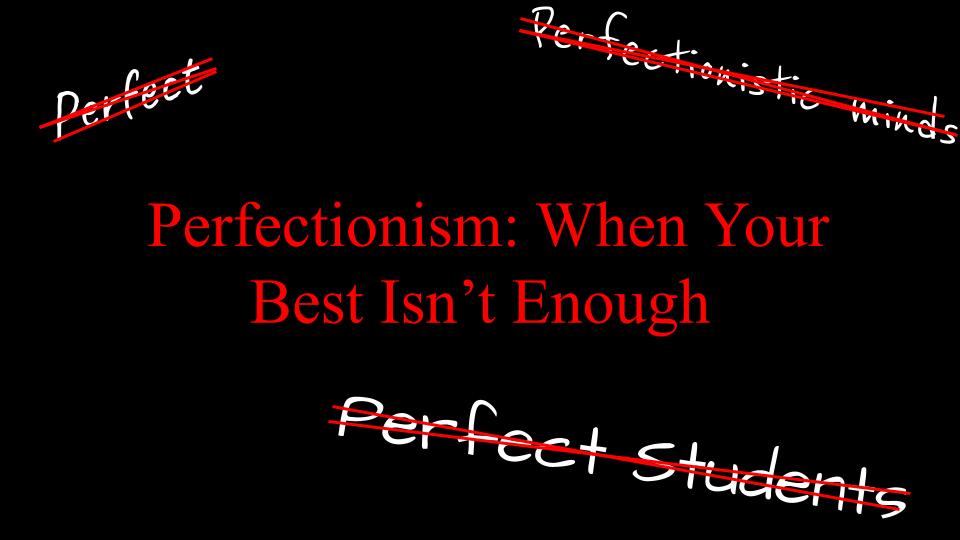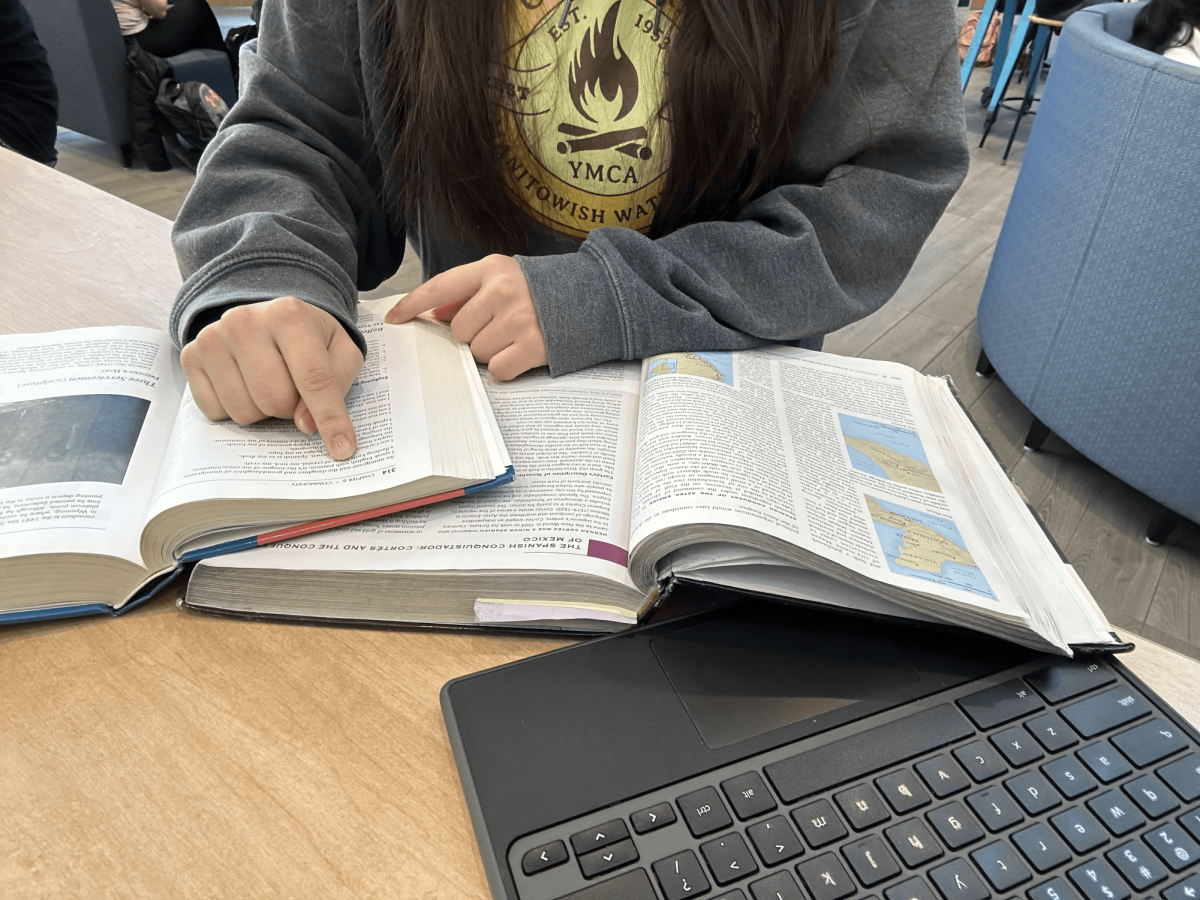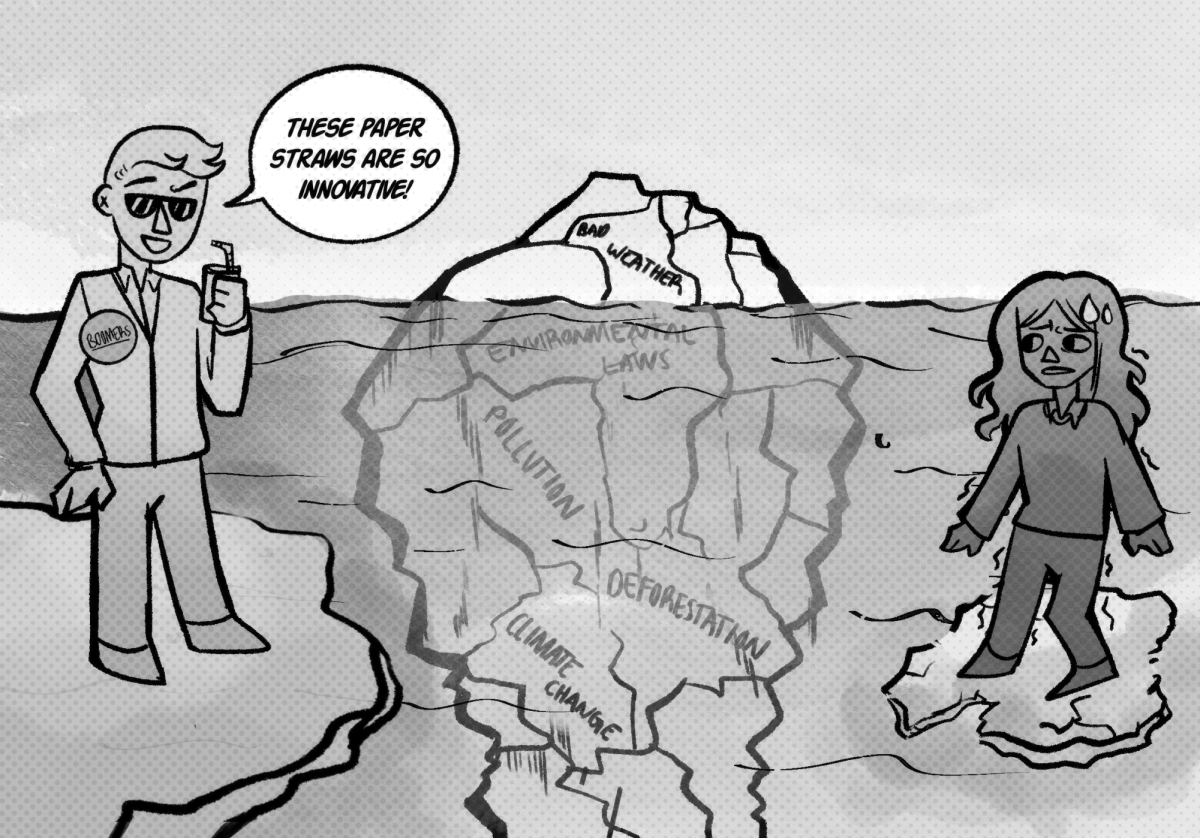According to the National Center for Drug Abuse Statistics, 62% of high school seniors have abused alcohol. By the time teenagers graduate, 46.6% of them will have tried illicit drugs. Despite these alarming statistics, there is an apathy towards student substance use that enables the consumption of drugs and alcohol by younger age groups.
This apathy is mostly seen through parental behaviors. According to the nonprofit Safe and Sober, an organization working to prevent the misuse of substances, parents are allowing their kids to drink more frequently than ever before.
According to the National Library of Medicine, parents are compelled to let their children partake in underage drinking for many reasons: they want teenagers to experience alcohol for the first time at home, to allow their kids to celebrate special occasions or they feel pressure from other adults.
While some studies have suggested that creating an open environment for teenagers to drink creates safer drinking habits for their future, the National Library of Medicine also cited studies that found a correlation between early-onset alcohol abuse and parents providing alcohol.
There is a reason why some drugs are against the law. There is a reason marijuana and alcohol are illegal until one turns 21. The government doesn’t make these laws willy-nilly; they are backed by scientific findings.
Parents permitting their children to drink doesn’t change the fact that alcohol can have detrimental effects on one’s brain and mental health. Lenient parenting certainly doesn’t negate the addictive properties of substances that make them dangerous.
There is a perception that teenagers will find a way to drink no matter what, so parents believe supplying them with alcohol will give them a semblance of control over how their children use substances. But what if instead of enabling underage drinking and drugs, adults worked with young people to promote safer habits?
Children learn from example, so a parent consuming large amounts of alcohol or serving it up for the teen themself only encourages future alcohol use that could lead to more severe and dangerous substances.
Here is what parents can do to stop their children from falling down the rabbit hole of substance abuse: avoid purchasing fake IDs for kids going off to college, hosting parties for teenagers and knowingly providing alcohol, and allowing young, impressionable people to develop an affinity or reliance on addictive substances.
A life can be perfectly fulfilling without the use of whiskey-colored glasses. If a person doesn’t know how to have a good time or be happy without the use of substances, that indicates deeper issues that need to be addressed. Teenagers will survive, possibly even thrive, in a world where their parents don’t condone illegal addicting activities such as drinking and using drugs.

